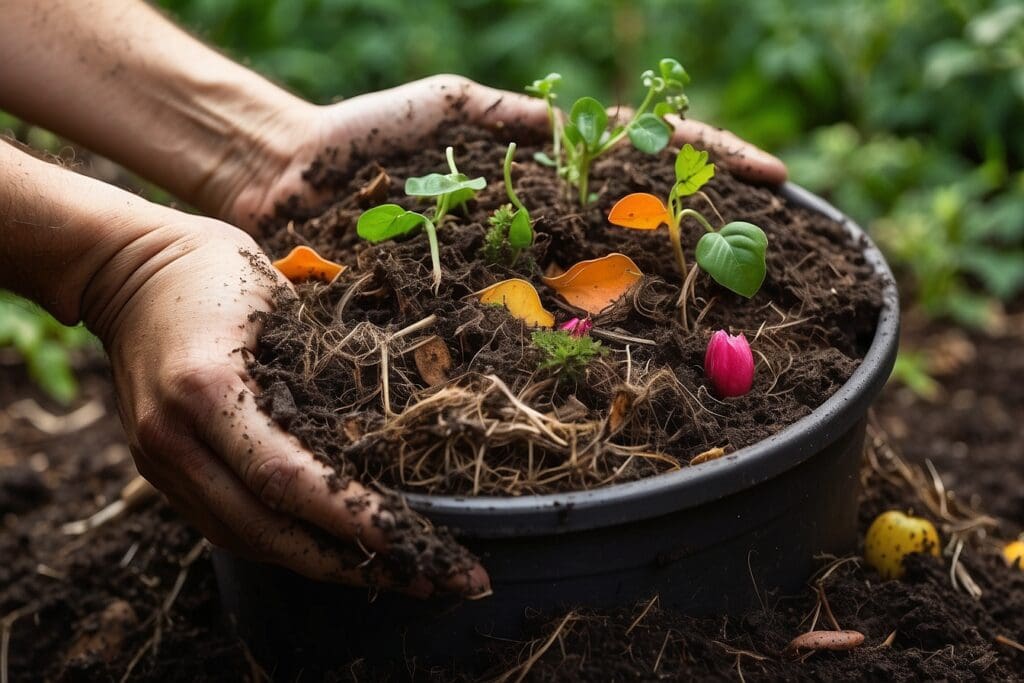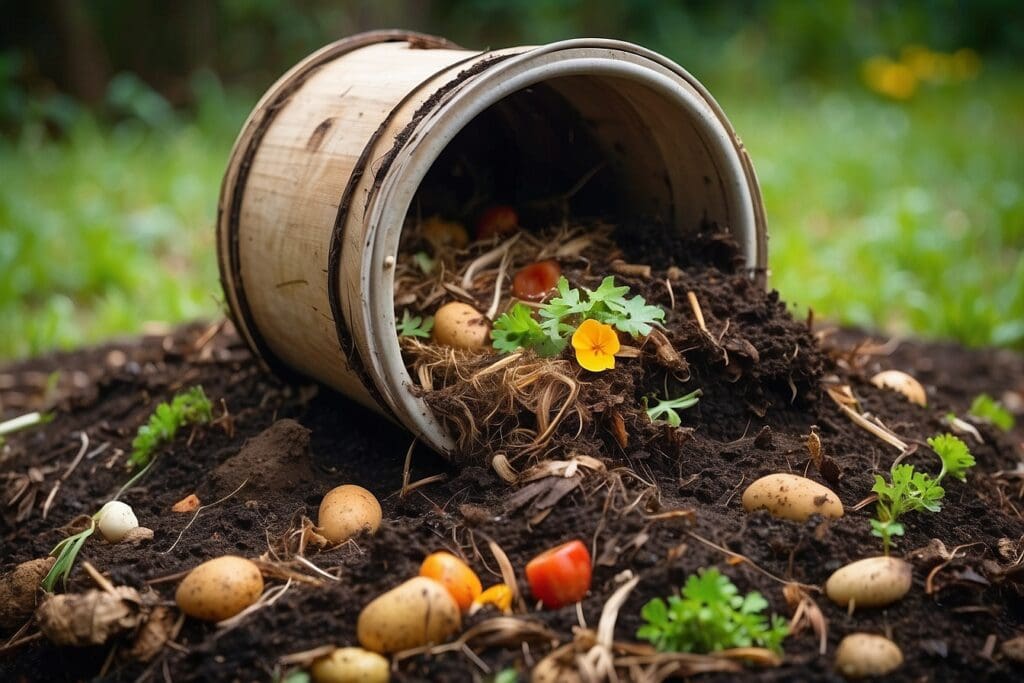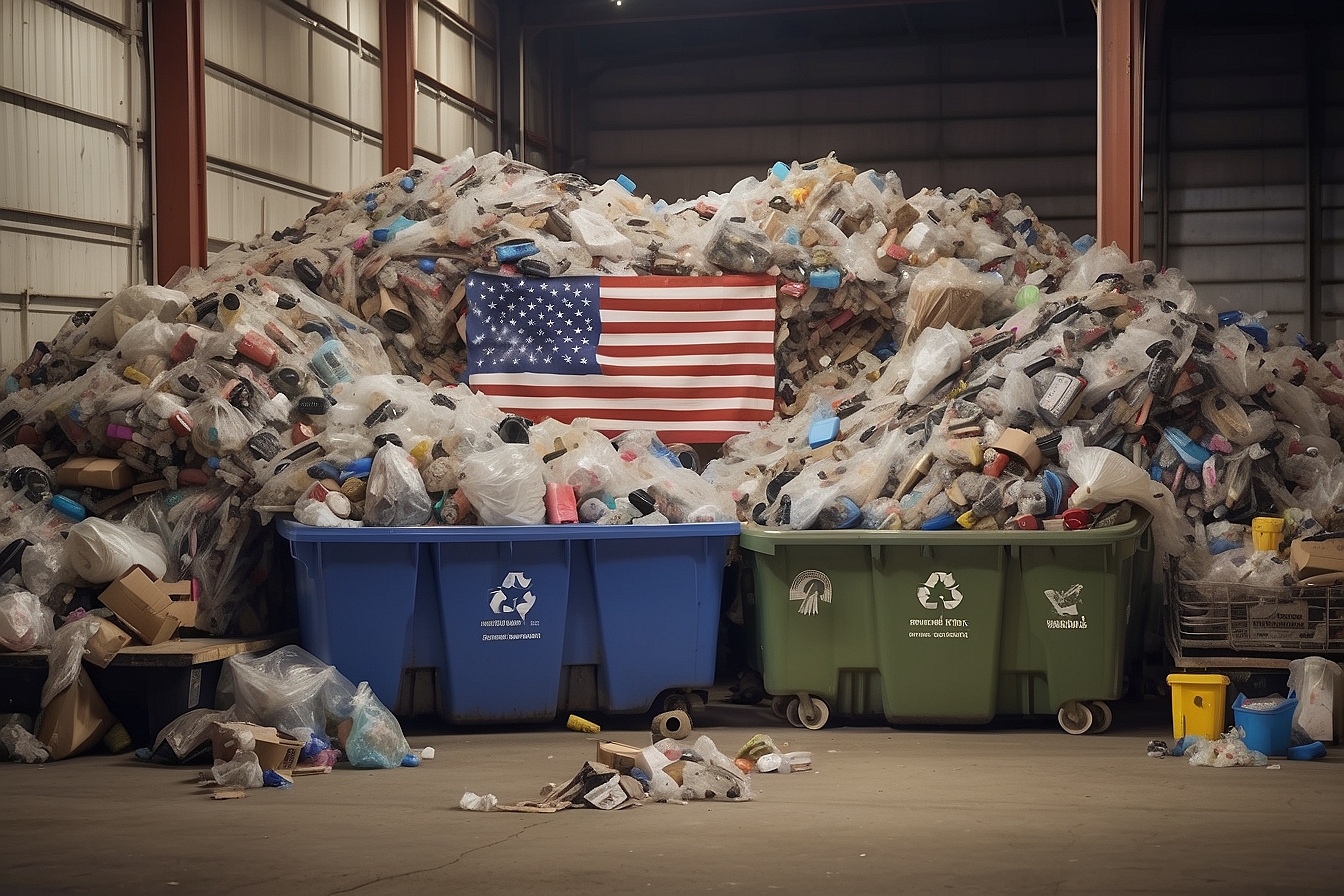Living in San Francisco, this conjures up many images, so how does composting fit in? The city of San Francisco has a long history of being eco-forward, allowing residents and city officials to take a lot of pride in their environmentally friendly way of life. This past year, the city took their eco-minded practices to the next level: San Francisco passed the toughest recycling laws in the country. In June 2009 “[t]he Board of Supervisors voted 9-2 to approve Mayor Gavin Newsom’s proposal for the most comprehensive mandatory composting and recycling law in the country. It’s an aggressive push to cut greenhouse gas emissions and have the city sending nothing to landfills or incinerators by 2020.”1 Although this goal may sound steep, San Francisco already leads the nation in recycling by diverting 72 percent of its waste from landfills. As the city realized that the majority of the remaining waste could also be composted or recycled, the nation’s first mandatory composting law was introduced and passed.

Composting, according to the new law, is slightly different than the average home composting system. Under the new legislation, every residence and business in the city is required to have three separate color-coded bins for waste: blue for recycling, green for compost and black for trash. The green compost bins accept any food scraps, yard trimmings, soiled paper products, “compostable” cutlery and/or plastics, sawdust, vegetable crates, and waxed cardboard or paper products. For a more detailed list, look at San Francisco’s Green Cart Program
It is advisable to review the list on the website above as it may surprise you to find the things you CAN compost and the things you CANNOT compost! Tons of compostable material will be sent to Recology’s Jepson-Prairie composting facility and turned into a nutrient-rich soil amendment, or compost, for California’s organic farms. The program is set to be launched in late October 2009, with hopes to decrease waste sent to landfills, curb global warming pollution, and create more green-collar jobs.
Although this program will take some extra effort by city participants, it is the Nation’s most aggressive attempt to improve the environment through waste management. Of the 400 tons of waste that is already turned into compost daily, San Francisco Bay Area farms and vineyards are using almost 100 percent of that compost. By increasing the amount of material sent to be composted, the city will be able to supply more of that demand to farmers.
Moreover, by diverting that waste from being sent to landfills, this ordinance hopes to curb methane gases in the atmosphere. According to Mayor Gavin Newsom, “When food scraps break down in an oxygen-starved landfill it creates large quantities of methane gas, a greenhouse gas 72 times more potent than carbon dioxide when measured over a 20 year period. It also creates acids that can leach toxins from the landfill.”2 He also notes that, “Composting food scraps produces little to no methane because there is sufficient oxygen in the process. And using the resulting compost reduces greenhouse gases by returning carbon to the soil, increasing plant growth, and reducing emissions associated with chemical fertilizers, pesticides and irrigation. Recent studies show that farming one acre of land using conventional industrial methods releases 3,700 pounds of carbon into the atmosphere each year. Farmed sustainably, with compost and cover crops, that same acre will put 12,000 pounds of carbon back into the earth.”3 It seems like a win-win situation, right?
Wrong. Like any newly passed law, the public support for this effort has been mixed. One of the biggest concerns is the occupants of over 220,000 apartment units in the city that have not already had access to the current recycling program. Mayor Newsom assures, however, that the Universal Recycling and Composting ordinance grants all residents and businesses equal access to the program. Some of the other concerns include the validity of the compost that is created from the waste, the availability of room on-site for another waste bin, the attraction of pests to the dirty compost bins, and the enforcement process. The ordinance calls for garbage collectors to leave tags on containers when they spot incorrectly sorted material, and after several warnings, residential customers and small businesses could receive fines of $100 and large businesses or properties could receive fines of up to $500. Through proper community outreach and education, the city hopes to diffuse some of this criticism by making the program easy and accessible to all residents.
For more information about the program, check out the SF Recycling website at: http://www.sfrecycling.com/index.htm.





